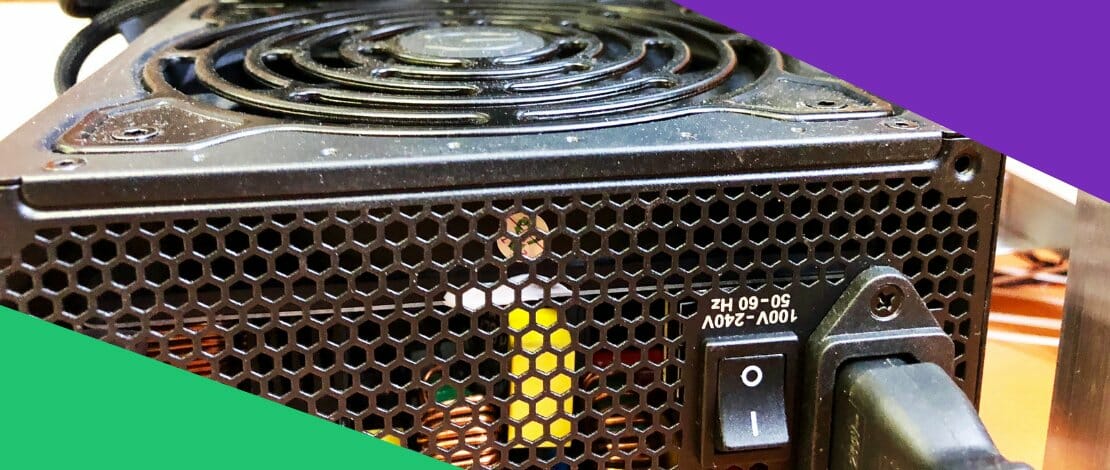Modular vs Semi vs Non-Modular PSU

When building your gaming PC you will be faced with many options and questions regarding which parts you should use to get the best possible performance. Each component is important in its way, but there is a piece that you should never skimp on – the power supply unit.
You see, the PSU is vital because it powers every other component in your build, and if you cheaped out and bought a bad PSU, chances are your PC will one day go up in flames. NEVER cheap out on PSU!
This is especially true if you use your PC for gaming or other more intense tasks that require your components to go full throttle and hit their max TDP.
When choosing your PSU there are also a couple of options you are faced with, namely do you want a modular PSU, a semi-modular PSU, or a standard power supply unit. What are the differences?
Modular vs Semi vs Non-Modular PSU
So why do some power supply units cost more even though the rated wattage is lower? The answer to this is the modularity of the unit you are currently looking at.
In simple terms, you have 3 types of PSUs – modular PSUs which use detachable power cables allowing you to customize which cables go to your motherboard, semi-modular PSUs where the 24-pin motherboard cable is integrated but all the other power cables (GPU, SATA, CPU) are detachable, and non-modular where all cables are integrated therefore stuck to the unit.
The modular and semi-modular power supply units will cost more and will be more desirable while the normal, non-modular units are considered to be budget options.
Why is that though, considering that you can technically get the same power level out of all 3 types of units.
Why Modular Power Supplies Are Worth It!
The biggest reason why you should try to get a modular or a semi-modular PSU unit is cable management. A non-modular PSU means that all the cables are stuck to the unit and cannot be taken out.
Even if you do not use certain connections you cannot get rid of the cables and have to stuff them into the back of your PC, making things crowded. By comparison, on a modular PSU unit, you can simply remove the cables that you will not use, making cable management a lot easier.
During the build process, a modular vs non-modular PSU will also make a difference, where the modular PSU will allow you to do things like route the cables from the motherboard to the PSU for an easier time when assembling everything.
Some bonuses of semi-modular and fully modular PSUs are the fact that they will experience lower temperatures (since fewer cables=less clutter) and also if you will ever need to swap something out, working with a semi-modular/modular PSU will be a breeze!
Overall, when comparing a modular vs a semi-modular PSU the differences are not that big, so if you want to save a little bit of money going for a semi-modular unit is not a big deal since you know you will need to use the 24-pin cable.
Usually, you will also notice that the higher the wattage of the PSU the higher the chance that the unit is fully modular since it represents a better product line, so spotting semi vs full modular PSUs will be easy.
Final Thoughts
There is not much else to compare between semi-modular vs modular vs non-modular PSUs since the cable management aspect, temperatures, and ease-of-use are the big differences.
Once again, you should never skimp on a PSU and should also have some wattage overhead so you can rest assured all of your components receive enough power. You should also always try to get a modular or semi-modular PSU since those will make your cable management a lot tidier!